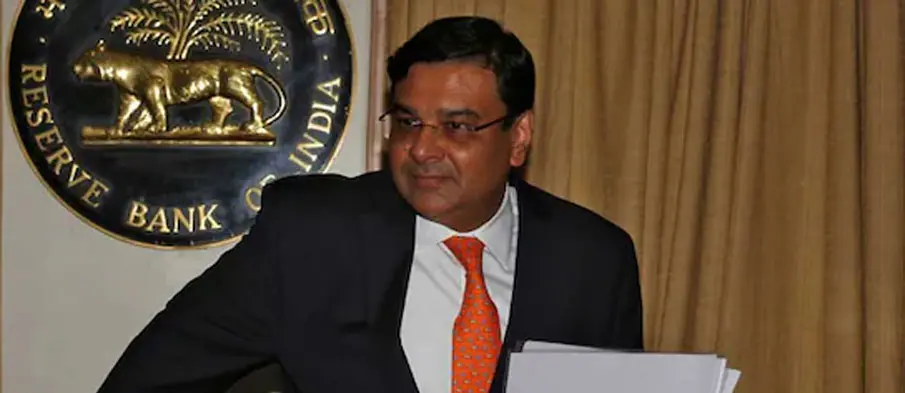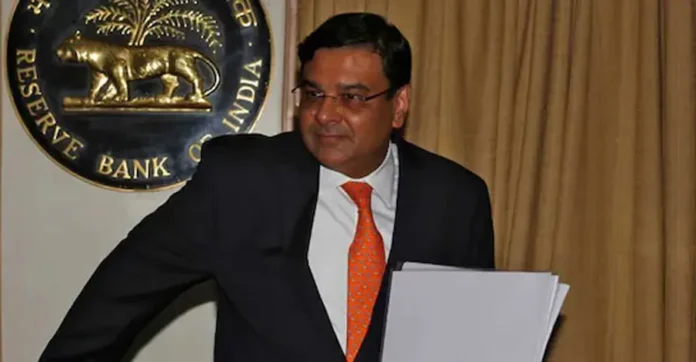
The Government of India has appointed Urjit Patel, former Governor of the Reserve Bank of India (RBI), as the Executive Director for India at the International Monetary Fund (IMF). His selection was cleared by the Appointments Committee of the Cabinet, and he will serve for a tenure of three years or until further directives are issued. In this capacity, Patel will represent India at the IMF, taking part in crucial deliberations on global financial stability, multilateral lending frameworks, and strategic economic policies.
Patel’s appointment comes at a time when India is playing an increasingly influential role in shaping global financial governance. His expertise in monetary policy and experience leading the RBI is expected to enhance India’s engagement with the IMF, particularly in advancing discussions around transparency, accountability, and responsible lending practices.
The timing of this development is significant, especially given recent concerns over the IMF’s financial support to Pakistan. The Fund has approved a $1 billion tranche under its ongoing multi-year bailout package, in addition to a $1.4 billion credit line for climate resilience initiatives. India has expressed reservations about such aid programs, abstaining from related votes amid concerns that these funds could be diverted towards cross-border hostilities and terrorism-related activities. Patel’s appointment is therefore viewed as a strategic move to reinforce India’s stance on the responsible utilization of international financial assistance.
Urjit Patel brings with him a distinguished career in central banking and economic policy. As the RBI Governor from 2016 to 2018, he played a critical role in navigating India’s monetary system through challenges such as inflation control, demonetization, and banking sector reforms. His broader career spans advisory roles in government and international institutions, giving him a strong grounding in both domestic and global economic affairs.
By stepping into this high-profile IMF role, Patel is expected to strengthen India’s voice in international financial decision-making, particularly in ensuring that lending programs serve developmental goals without compromising security or sustainability. His leadership will be central to advancing India’s economic diplomacy in an evolving global order where financial prudence and geopolitical considerations are increasingly intertwined.





